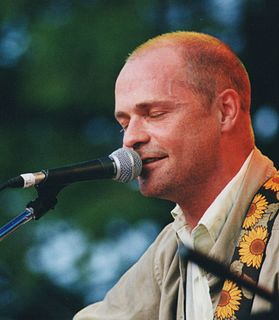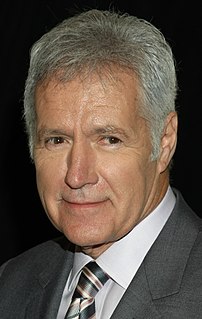A Quote by Sal Khan
When I used to try and describe what the Khan Academy was, I would tell people that if it were a for-profit, I would be on the cover of 'Forbes.'
Related Quotes
I'd set up the Khan Academy as a not-for-profit in 2008, but I was doing well in my job and initially thought I could fund the Academy myself. But by 2009, I was getting so much good feedback that I told my wife that I wanted to do this full time. We had some funds to fall back on, and I knew doing this made me happy.
The ideal direction is using something like Khan Academy for every student to work at their own pace, to master concepts before moving on, and then the teacher using Khan Academy as a tool so that you can have a room of 20 or 30 kids all working on different things, but you can still kind of administrate that chaos.
The bathrooms - that usually would be a porta-potty - were wrapped in a fabric that was neutral to match the fort ... the same materials that were used to cover the bathroom, we said, 'Let's just use that [to cover a bar at the reception], because this is all we have to make the bar look better.' Which it did, in the end.
I've always wondered what it would be like if the Messiah, or Christ Returned, were actually alive and living in our society; who would that person be, how we would identify them, how would they live and what would they believe in, how would society react to them? I decided to try and tell my idea of that story.
I worked very hard to try and figure out what I thought and I believed that we were going to succeed and that revolutions would happen globally and we would be a part of that and we would have then not capitalism. We would have values based on human lives, not profit. We would actually transform the kinds of ways people built love and built community. It was a very shocking thing to me, out of the end of the 70s and the beginning of the 80s, to realize that that dream - while I still believed in it - was not going to happen in the way that I had hoped.
Several weeks of summer vacation in the Thirties I spent working at $15 a week in the FORBES office.... I worked in the mail cage, where envelopes were slit and subscription payments extracted. Dad used to come pounding down the office aisle and pause long enough to ask, How much today? Inevitably the answer was inadequate-except once. That day the controller said excitedly, Mr. Forbes, the ledger shows a slight profit this month! ... My father turned to him and said, Young man, I don't give a damn what your books show. Do we have any money in the bank?
Countries were told they had no incentives because of social ownership. The solution was privatization and profit, profit, profit. Privatization would replace inefficient state ownership, and the profit system plus the huge defense cutbacks would let them take existing resources and an increase in consumption. Worries about distribution and competition or even concerns about democratic processes being undermined by excessive concentration of wealth could be addressed later.
By early 2009, tens of thousands of students were watching tutorials on the Khan Academy every day. The software I wrote for my cousins had become so popular, it was making my $50-a-month web host crash. The possibilities surrounding the academy were so exciting that I had trouble doing my day job properly. And soon, I quit.
To describe this film as dishonest and demagogic would almost be to promote those terms to the level of respectability. To describe this film as a piece of crap would be to run the risk of a discourse that would never again rise above the excremental. To describe it as an exercise in facile crowd-pleasing would be too obvious. Fahrenheit 9/11 is a sinister exercise in moral frivolity, crudely disguised as an exercise in seriousness.
People ask me, How would you do as a contestant on the show? And I tell them I would do fairly well among senior citizens, but against a good thirty-year-old I would have trouble because I cannot recall information as quickly as I used to. You used to say something and I would go, boom, right away, very sharp. Now it's like, Oh, yes, but wait a minute, uh, uh.






























